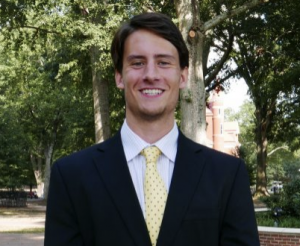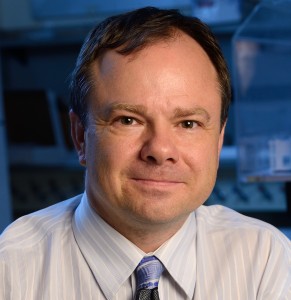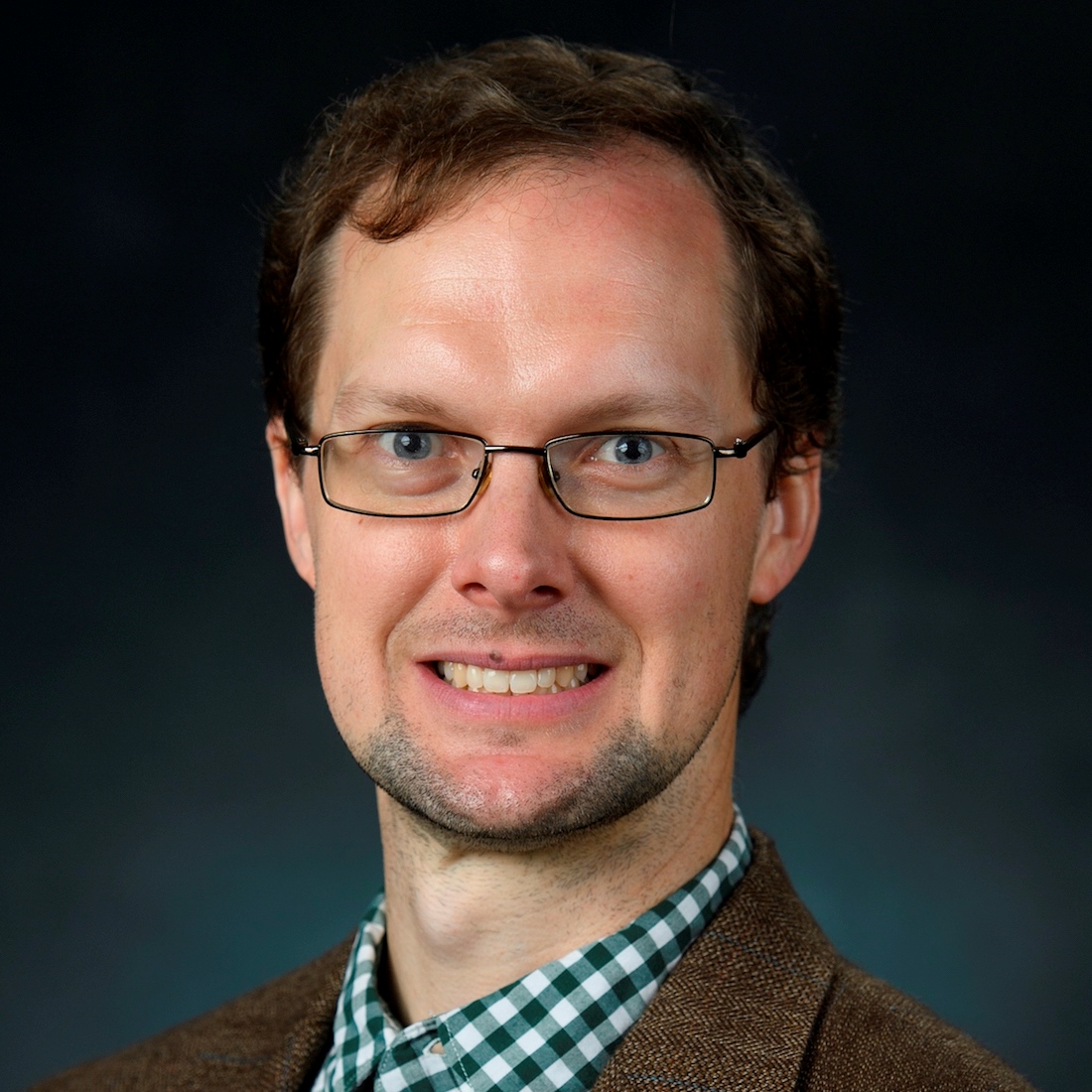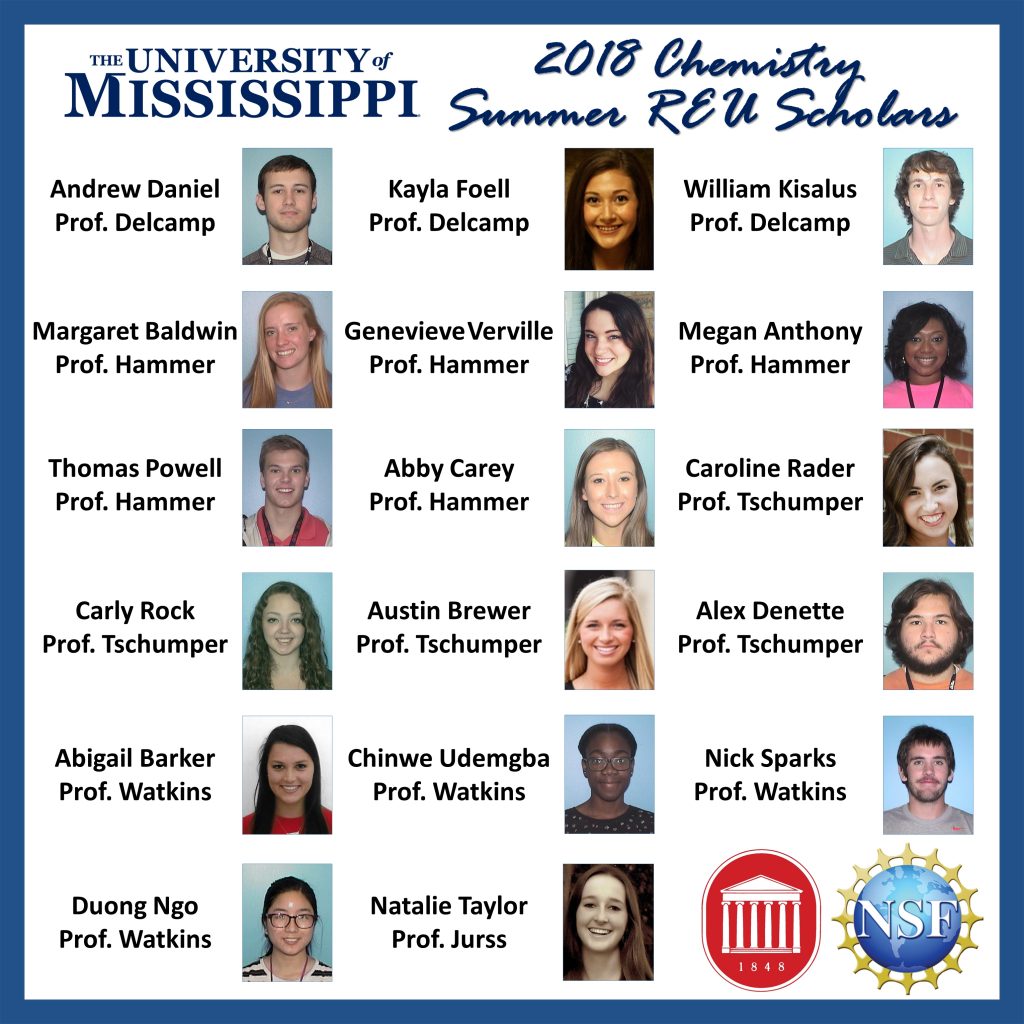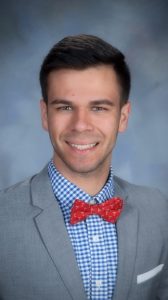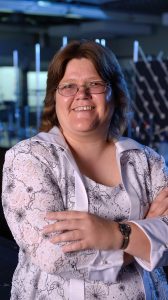State of Mississippi Awarded $20 Million to Establish Center for Emergent Molecular Optoelectronics (CEMOS)
A $20 million, five-year grant from the National Science Foundation will spur creative discovery and economic opportunities through Mississippi’s research universities. The University of Mississippi will receive about $5.5 Million in funding. Profs. Tschumper, Hammer, Delcamp, Watkins, and Jurss in the Department of Chemistry & Biochemistry.
With the grant funding, the state of Mississippi will establish the Center for Emergent Molecular Optoelectronics, an inter-disciplinary, multi-institution materials research program. Mississippi State University (MSU) will serve as the project’s administrative lead, and the University of Southern Mississippi (USM) will serve as the science lead. Along with MSU and USM, Jackson State University (JSU) and the University of Mississippi (UM) will be a part of the new center, which will facilitate the development of research capabilities and educational opportunities in the growing optoelectronic, energy and biotechnology research fields.
The NSF grant comes through the organization’s EPSCoR (Established Program to Stimulate Competitive Research) program, which enhances the research competitiveness of states and jurisdictions by strengthening STEM capacity and capability.
“This initiative will be a tremendous benefit to the people of Mississippi and to our research universities,” MSU President Mark E. Keenum said. “Increasing our university research capabilities makes our state and our institutions more competitive, increases educational opportunities and keeps us at the forefront of emerging technologies. This new center and its focus on organic semiconductors will make existing Mississippi industries more competitive and help the state attract new companies. I am proud that MSU is playing a lead role in this endeavor.”
MSU Vice President for Research and Economic Development David Shaw is the principal investigator and project director for the grant. Sarah Morgan of USM is the science director. Co-principal investigators include Jason Azoulay from USM, Jared Delcamp from UM and Glake Hill from JSU.
“I am so pleased that the National Science Foundation selected our faculty as the science lead for this important project,” said University of Southern Mississippi President Rodney D. Bennett. “With USM’s Center for Optoelectronic Materials and Devices serving as the mission center for this grant, our internationally-renowned polymer science and engineering experts look forward to partnering with Mississippi’s other research institutions as they examine far more complicated processes than ever before. I am confident their work will impact our communities positively for many years to come.”
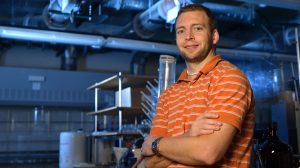
Prof. Jared Delcamp is co-PI on the $20 Million NSF grant to create the new Center for Emergent Molecular Optoelectronics (CEMOS)
The Center for Emergent Molecular Optoelectronics will develop new, unified research methodologies on organic semiconductors, an area that is vital to the advancement of diverse areas such as technology, electronics and biomedicine. To facilitate the research, the center will establish state-of-the-art research instrumentation for common use across the state and support collaborative research among institutions. The new scientific infrastructure will fill a void for the state and facilitate advanced basic and applied research.
“The University of Mississippi is pleased to be a member of this dynamic, multi-institutional team for the Center for Emergent Molecular Optoelectronics and help develop pivotal research capabilities that will be benefit Mississippi, our nation and the world,” said UM Chancellor Jeffrey S. Vitter. “This initiative will bolster collaborative research efforts and continue pioneering STEM workforce development, which is critical for attracting high tech industry to the state.”
New optoelectronic functionality developed by center research will support the basic knowledge necessary to bring new technologies to reality, resulting in new intellectual property and potential job creation.
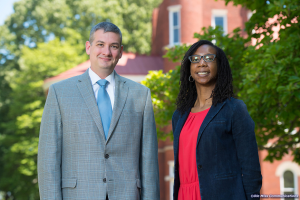
Profs. Nathan Hammer and Davita Watkins are participants in the new Center for Emergent Molecular Optoelectronics (CEMOS)
“Jackson State University is elated to be a partner of this groundbreaking venture for the state of Mississippi and Historically Black Colleges and Universities,” said Dr. William B. Bynum Jr., president of Jackson State. “It is my hope that we continue to expand on these opportunities to spur economic growth for Mississippi and enhance educational opportunities for our students.”
The new center will benefit from connections to national laboratories, NSF Top 100 research universities, state development officials and representatives from industry. The grant will also fund K-14 outreach efforts aimed at creating a stronger, more diverse pipeline of STEM students.
“The grant from the National Science Foundation demonstrates the incredible capabilities housed within our research universities,” said Dr. Alfred Rankins Jr., Commissioner of Higher Education. “Working together, these capabilities are amplified. The research conducted through this grant will put Mississippi on the forefront of emerging technologies.”
See also:
http://www.jsumsnews.com/?p=37127

